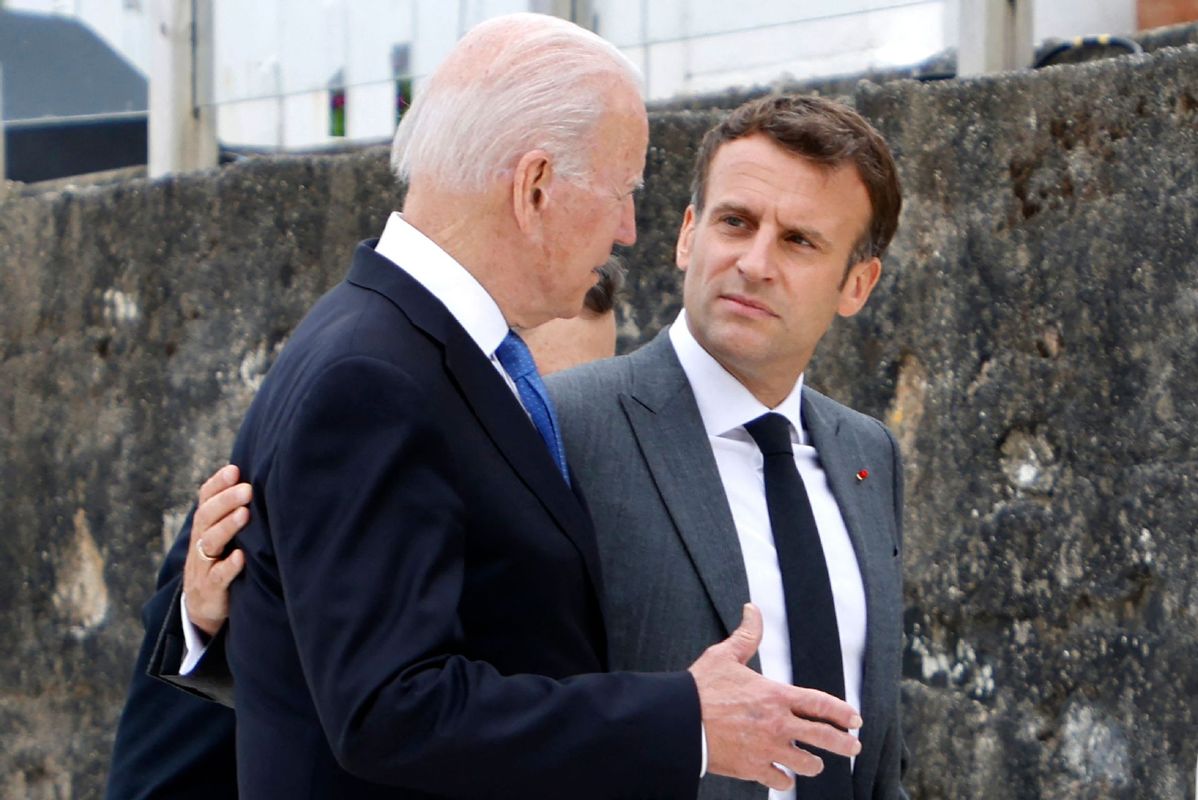AUKUS gaining universal acceptance in Indo-Pacific simply delusional


If the objective of the AUKUS security pact between the United Kingdom, Australia and the United States is to bifurcate the globe into "pro-China" and "anti-China" camps, then that strategy is doomed to fail. In a testament to the looming failure of this dangerous alliance, Southeast Asian states with foreign policy priorities of "non-alignment" have issued calls for de-escalation and denuclearization, which have been echoed since the pact came into force.
Despite the dissemination of nuclear technologies, sharing of sensitive information and defense force partnerships, military engagements have encountered suspicion in the region. If the Morrison, Biden and Johnson administrations believe that the foreign policies of other countries would be fine-tuned to the whims and wishes of AUKUS, the Southeast Asia case demonstrates that they are mistaken.
Take Malaysia and Indonesia for example. It took only days for the two Association of Southeast Asian Nations (ASEAN) member states to jointly express concern over this pact being a potential trigger for an evolving arms race in the region, which might upset the smooth flow of trade and compromise economic prosperity, the bedrock of ASEAN stability. Note that both Jakarta and Kuala Lumpur acknowledge that this security pact is laced with anti-pacifism and is quintessentially a boisterous display of Western power countering a rising China. Strong bilateral relations with the United States or Australia do not preclude the fact that each state will not extend blanket acceptance of such security pacts as each country strives for a demilitarized and denuclearized zone. The presence of nuclear submarines goes against this principle and is simply unacceptable.
US soldiers board a US Air Force aircraft at the airport during their final withdrawal from the country, in Kabul, Afghanistan, August 30, 2021. /CFP
There is also a growing understanding that events across the world, such as the aftermath of the 20-year US war in Afghanistan, are products of flawed doctrines of intervention co-sponsored by Washington's allies. That is precisely why Biden administration officials such as Vice President Kamala Harris and her anti-China tirades during her South East Asia tour earlier were not reciprocated by any ASEAN member state. Note further that the additional nuclear dimension in the region will only reinforce the narrative that imperialist designs and great power rivalry are being pursued, which imperils the neighborhood due to further military buildups and the risk of miscalculations running high. This also explains why even one of the strongest allies of Australia, Singapore, has expressed concern over Canberra's entire plan of acquiring a nuclear-powered fleet. Can Singapore, or any other state for that matter, be blamed for denouncing the pact as disturbing? The answer is no.
Nuclear-powered submarines cannot be acquired without the future development of nuclear weapons programs, which have proven to be controversial internationally and historically. It also goes against the Non-Proliferation Treaty and the Treaty on the Prohibition of Nuclear Weapons, the latter of which became effective in early 2021 without Australia joining as a signatory. The central tenets of the treaty mandate that all member states will refrain from testing, acquiring, possessing or stockpiling nuclear weapons, yet the Morrison administration has stated that the treaty would go against Australia's security objectives and its alliance with the United States, a nuclear weapons state. Hence, concerns regarding brazen proliferation and a probable deterioration in the deterrence equation in the region are well-founded, logical and principled.
Assurances from AUKUS states regarding the security pact being free of anti-China sentiments will not be bought, given the respective foreign policy priorities of each member state in the Indo-Pacific. In 1995, ASEAN signed the Treaty of Southeast Asia Nuclear Weapon Free Zone, which aims to keep the region denuclearized. However, no nuclear weapons state has signed the treaty. Also, an understanding exists that powers such as the United States are more interested in military buildups and policies of encirclement and attrition than the treaty, which the regional states have historically banked upon.
To believe that AUKUS would gain universal acceptance in the Indo-Pacific would be simply delusional. From the outset, it is a nonstarter.
Hamzah Rifaat Hussain, a former visiting fellow at the Stimson Center in Washington and former assistant researcher at the Islamabad Policy Research Institute, is a TV anchor at Indus News in Pakistan.


































